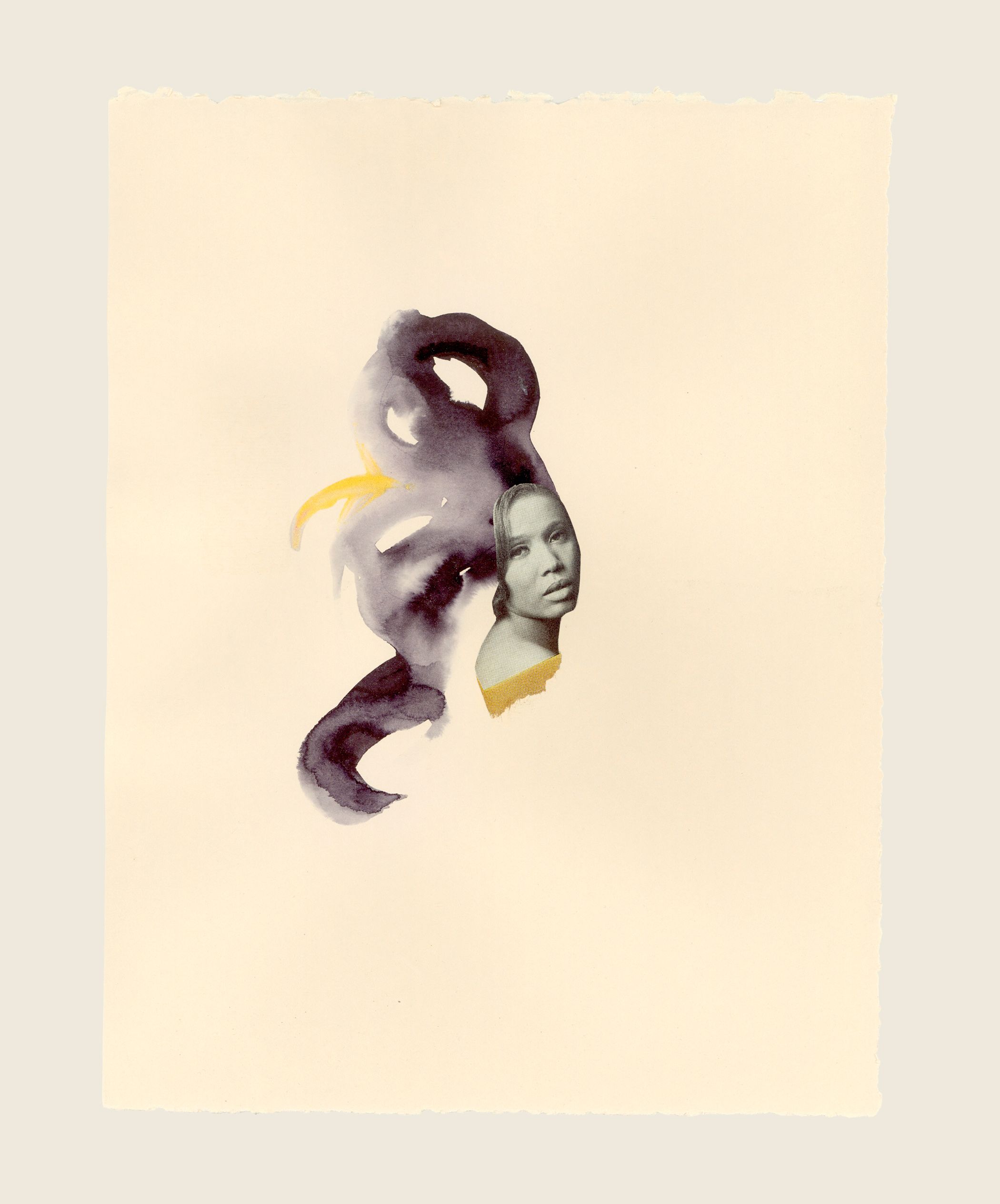
The black woman is elemental, of the earth, magma, and gem, “malachite and azurite.”īefore the serpentine coil, the gravity-defying nimbus of black hair, there is grease and there are plaits and there are headrags and there are silk sleeping scarves and satin pillowcases. Black women are everywhere glorious and unsung. The repetitions in these images suggest that we are thought of by some as a dime a dozen: undervalued, yes, but also, abundant. What does it mean for a sister to sing that song? Black women bide their time.īlack women are the shimmering surface and the power beneath. I have never known a black woman not efficient. I do not know a black woman who is at leisure. A black woman could go off at any moment. Black women are unfathomable.īlack women are composed, necessarily immaculate.

If black people are “the window and the breaking of the window,” as William Pope.L asserts (we are reminded by curator Amanda Hunt), what are black women, in Simpson’s vision here?īlack women are blue and black and ocher and goldenrod and magenta. It is a non-consuming smoke, the mesmerizing beauty of smoke as it curls and wafts and draws a viewer inexorably near. In these pictures black women’s phantasmagorical hair is like smoke, but nothing is turning to ash. We are compelled, always, by the phantasmagorical hair, which both invites and obscures. Simpson’s portraits invite us to look, by their sidelong glances or direct gazes. But it is also a wash, a shadow cast over what we cannot know in these women. Watercolor is the perfect medium for Simpson here because of how it holds light and appears to be translucent. Black women’s hair is epistemology, but we cannot always discern its codes. It is forest and ocean, its own emotional weather. It is sinuous and cloudy and fully alive. The hair she paints has a mind of its own. Black women’s heads of hair are galaxies unto themselves, solar systems, moonscapes, volcanic interiors.

In Lorna Simpson‘s collages, “the black and boisterous” hair is the universal governing principle.


We start with the Book of Miss Brooks, and her poem, “The Anniad,” which casts the life of an “ordinary” black girl, Annie Allen, in epic scale and form: “Of the Black & Boisterous Hair”, by Elizabeth Alexander


 0 kommentar(er)
0 kommentar(er)
